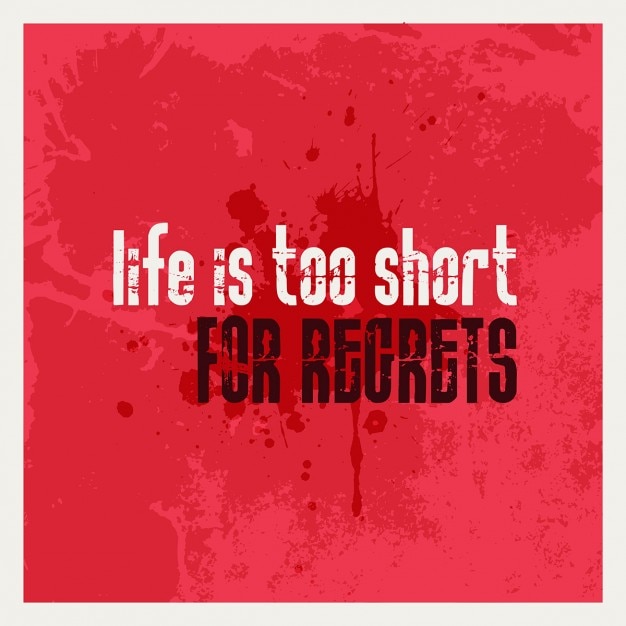Marx Quotes – Insights into the Revolutionary Philosopher’s Thoughts

Workers of the world, unite! You have nothing to lose but your chains.
The history of all hitherto existing society is the history of class struggles.
Capital is dead labor, which, vampire-like, lives only by sucking living labor, and lives the more, the more labor it sucks.
Religion is the opium of the masses.
The philosophers have only interpreted the world, in various ways. The point, however, is to change it.
The theory of Communism may be summed up in one sentence: abolition of private property.
From each according to his ability, to each according to his needs.
The production of too many useful things results in too many useless people.
Men make their own history, but they do not make it as they please.
While the miser is merely a capitalist gone mad, the capitalist is a rational miser.
Education is free. Freedom of education shall be enjoyed under the conditions fixed by law.
The rich will do anything for the poor but get off their backs.
Surround yourself with people who make you more than you are.
The only antidote to mental suffering is physical pain.
Society does not consist of individuals but expresses the sum of interrelations, the relations within which these individuals stand.
The working class is revolutionary or it is nothing.
A commodity appears at first sight an extremely obvious, trivial thing. But its analysis brings out that it is a very strange thing, abounding in metaphysical subtleties and theological niceties.
Marx Quotes – Insights into the Revolutionary Philosopher’s Thoughts part 2
The ideas of the ruling class are in every epoch the ruling ideas, i.e., the class, which is the ruling material force of society, is at the same time its ruling intellectual force.
Machinery itself shortens the hours of labour.
The theory of the Communists may be summed up in a single sentence: abolition of private property.
The development of civilization and industry in general has always shown itself so active in the destruction of forests that everything that has been done for their conservation and production is completely insignificant in comparison.
The bourgeoisie… has resolved personal worth into exchange value.
Reason has always existed, but not always in a reasonable form.
Sell a man a fish, he eats for a day, teach a man how to fish, you ruin a wonderful business opportunity.
If you tremble with indignation at every injustice then you are a comrade of mine.
In a higher phase of communist society, after the enslaving subordination of the individual to the division of labor, and therewith also the antithesis between mental and physical labor, has vanished; after labor has become not only a means of life but life’s prime want; after the productive forces have also increased with the all-around development of the individual, and all the springs of co-operative wealth flow more abundantly—only then can the narrow horizon of bourgeois right be crossed in its entirety and society inscribe on its banners: From each according to his ability, to each according to his needs!
Capitalist production begets, with the inexorability of a law of nature, its own negation.
Religion is the sigh of the oppressed creature, the heart of a heartless world, and the soul of soulless conditions. It is the opium of the people.
The proletarians have nothing to lose but their chains. They have a world to win.
Landlords, like all other men, love to reap where they never sowed.
The meaning of peace is the absence of opposition to socialism.
Experience praises the most happy the one who made the most people happy.
Honor, danger and hostility are all equally attracted to the revolutionary.
Without revolutionary theory there can be no revolutionary movement.
The first requisite for the happiness of the people is the abolition of religion.
The production of too many useful things results in too many useless people.
Social progress can be measured by the social position of the female sex.
Society does not consist of individuals but expresses the sum of interrelations – the relations within which these individuals stand.
Social progress can be measured by the social position of the female sex.
Reason has always existed, but not always in a reasonable form.
The human being is in the most literal sense a political animal, not merely a gregarious animal, but an animal which can individuate itself only in the midst of society.
Men’s ideas lead their actions.
Production is not only the production of commodities, it is above all the production of people themselves.
The working class is revolutionary or it is nothing.
The proletarians have nothing to lose but their chains. They have a world to win.

